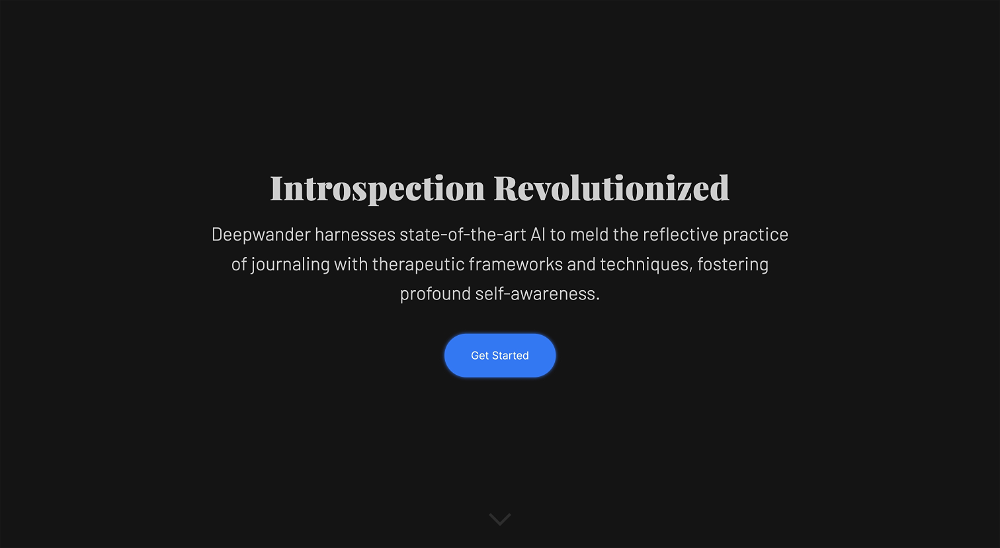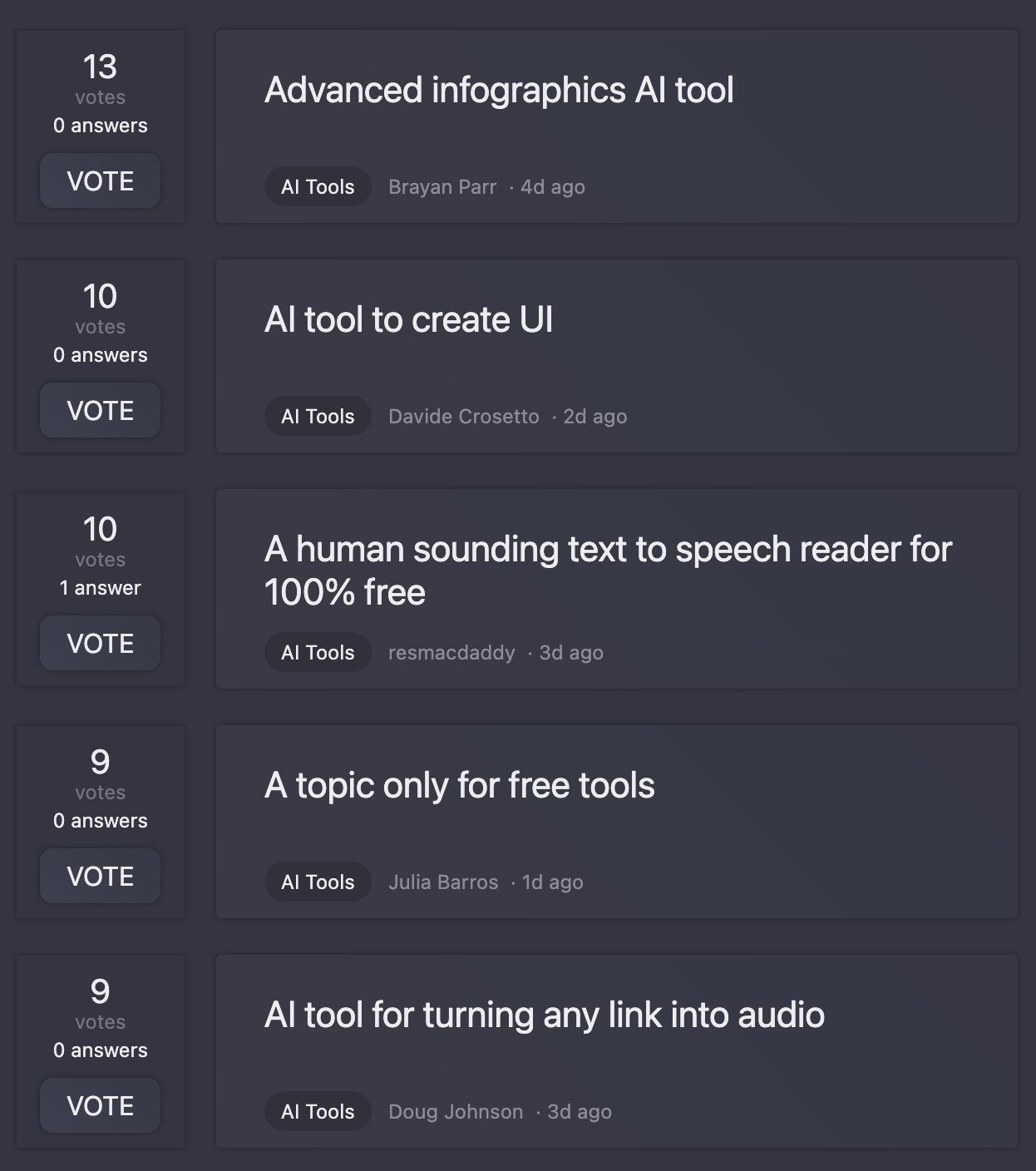Therapy
2023-08-08
Emotional support for personal growth.
Overview
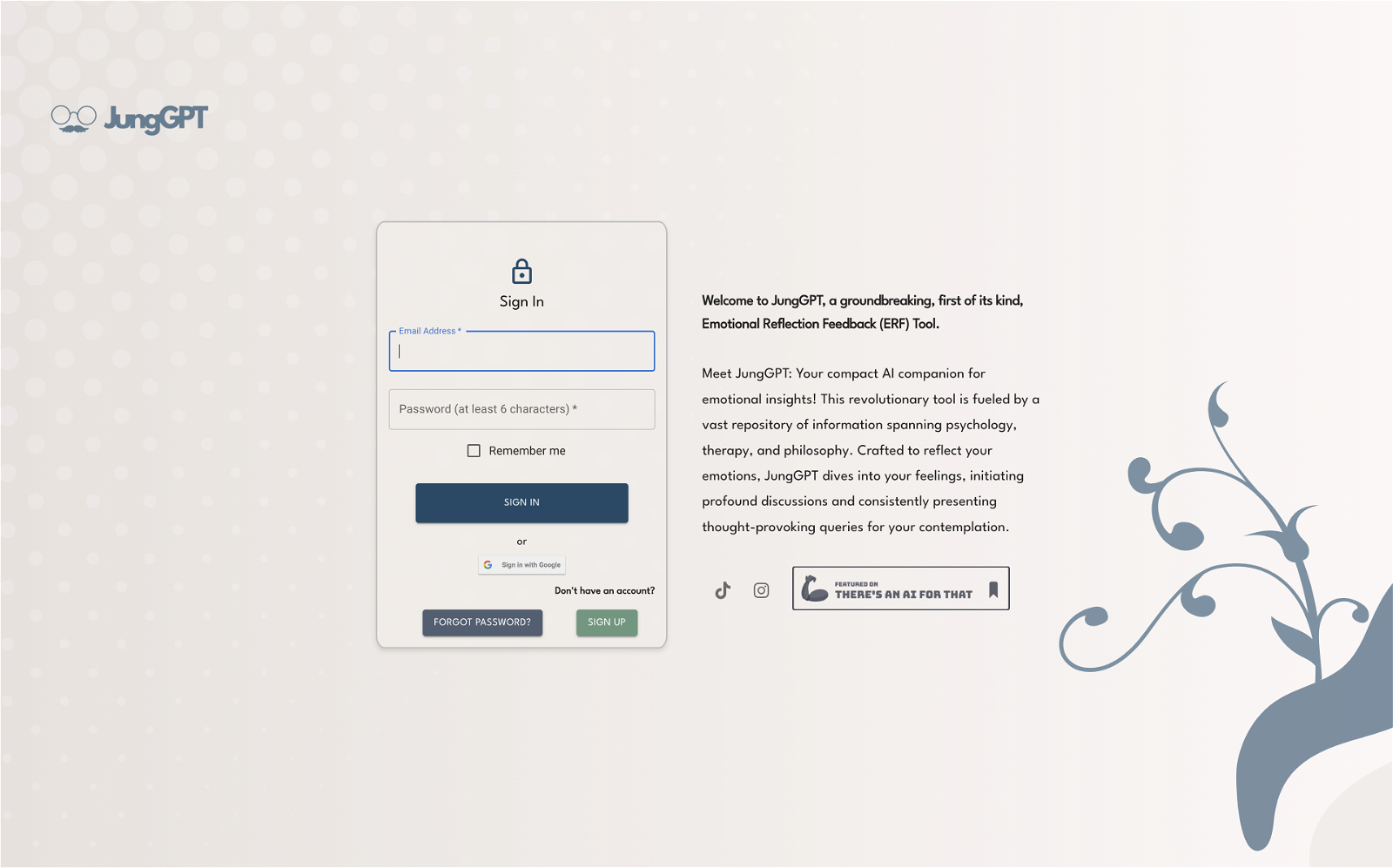
Therapy#5 most recent
Most popular alternative: MindMateGPT (472 saves)
View all 14 alternatives
Recommendations
Generated by ChatGPT
Jung GPT is an Emotional Reflection Tool designed as an advanced AI chat support system, offering users a compact AI companion to guide them towards deeper emotional insights. Developed with inputs from consulting psychologists, it taps into an extensive database encompassing psychology, therapy, and philosophy, enabling profound explorations of individual emotions.The tool employs our proprietary in-house technology, SAPP (Sentiment Adaptive Pre Processor), which is powered by Google NLP. This technology equips Jung GPT with the capability to generate "Thoughts" in real-time based on the user's input. By doing so, it always presents intriguing questions that inspire contemplation from the users.
Rather than being just another chatbot, Jung GPT encourages users to venture into their feelings and indulge in profound dialogues. It stands on a vast foundation of knowledge, striving to mirror users' emotions with precision.
With an emphasis on delivering insights into emotional well-being and personal development, Jung GPT seeks to offer an unparalleled experience, pushing the boundaries of AI capabilities. In essence, it stands as a trailblazing AI companion designed to foster meaningful emotional interactions with users.
Would you recommend JungGPT?
Help other people by letting them know if this AI was useful.
Post
Comments(6)
Angeline Shalini
Aug 10, 2023
I am using it as a tool to speak with my kid who has issues at school
Chris Ver Voort
Aug 9, 2023
This seems like a really helpful tool for processing thoughts and feelings, and even getting insights into parts of yourself you didn't know existed. If you ask it the right questions, you can really dive deep into your own psyche. It gives great advice too.
Thomas Gryffindor
Aug 8, 2023
Seriously the best therapy app i've used
Thomas Gryffindor
Aug 8, 2023
This is truly the best AI therapy bot I've seen
amanda delgado
Aug 8, 2023
JungGPT is an amazing tool for those who have a hard time expressing their feelings and just want to feel supported and have some positive thoughts! 👏🏼
Joanna Guy
Aug 8, 2023
It’s not always easy to talk to a person, but JungGPT is like skipping the middle man and just getting an answer.
Feature requests
Are you looking for a specific feature that's not present in JungGPT?
💡 Request a feature
JungGPT was manually vetted by our editorial team and was first featured on August 8th 2023.
★★★★★
★★★★★
49
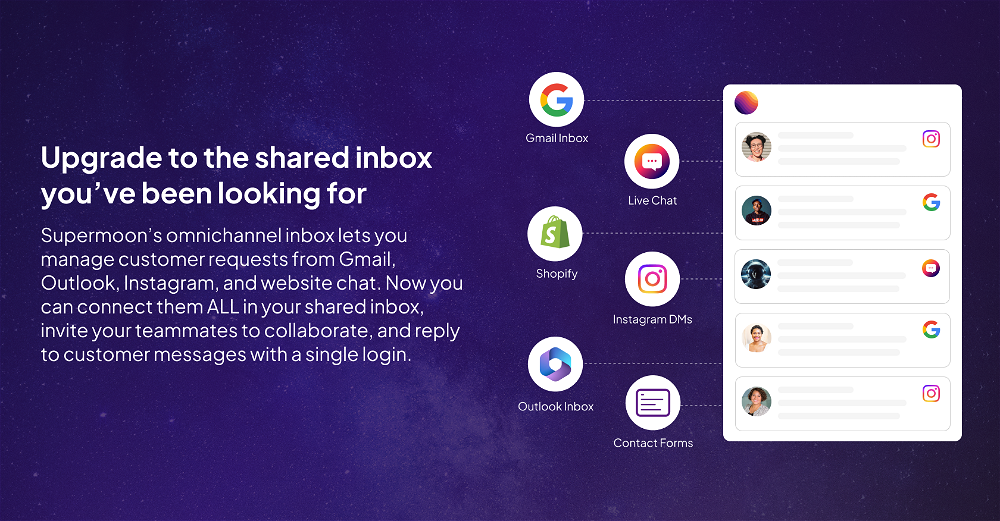
Transform your idea into actionable specifications, designs and architectural plans with our AI-driven tools
★★★★★
★★★★★
130
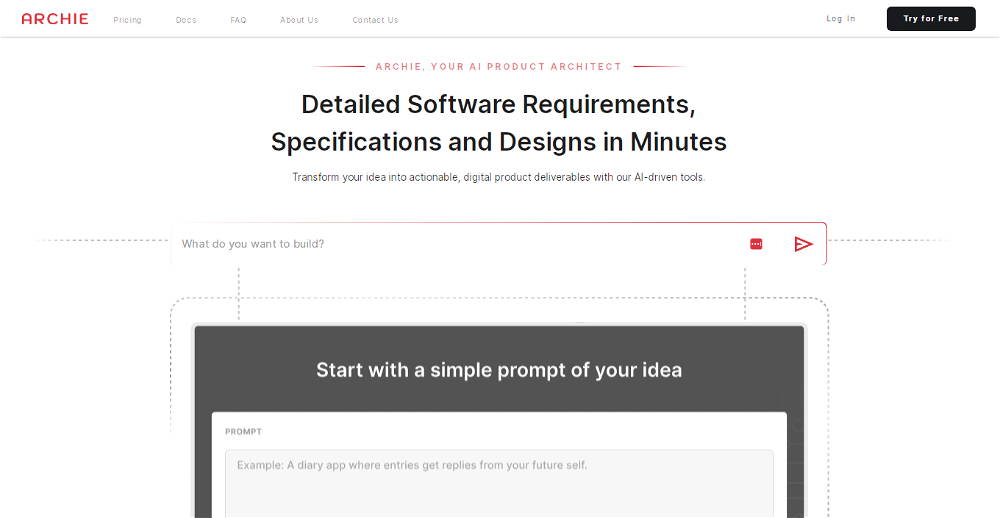
Build your next AI startup 100x faster with StartKit.AI boilerplate code.
★★★★★
★★★★★
25
1
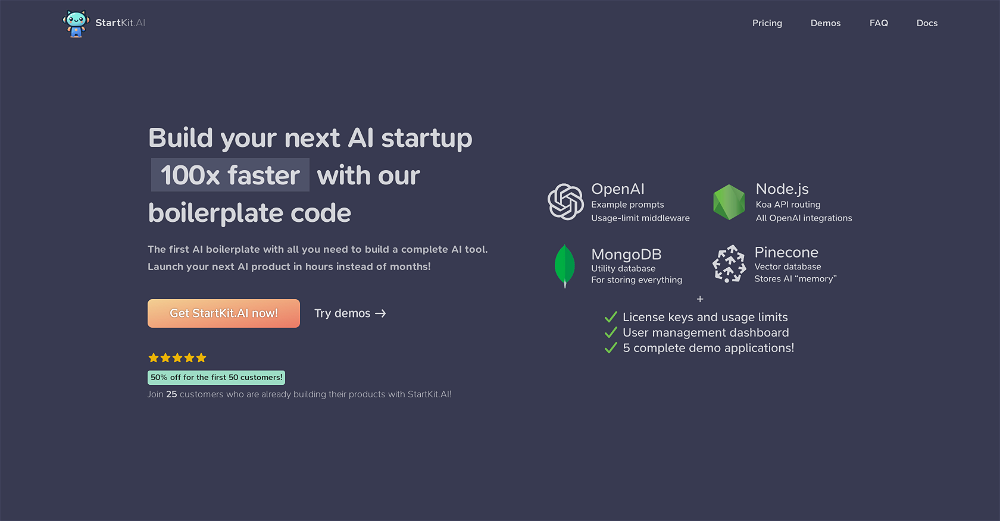
14 alternatives to JungGPT for Therapy
Pros and Cons
Pros
Emotional Reflection Feedback (ERF)
Facilitates emotional deep exploration
Supports meaningful discussions
Provokes thoughtful queries
Reflects users' emotions accurately
Leverages extensive knowledge base
Promotes rationale on emotions
Overarching focus on personal growth
Information spans over diverse fields
Encourages user contemplation
Built on psychology and philosophy
Designed for emotional insights
Plunge into user feelings
Initiates profound discourses
Assists in emotional wellbeing
Cons
Lack of functionality details
No mentioned API
Not confirmed multiplatform
No offline usage
Lack of customization options
Missing feature overview
Potential privacy concerns
No translation capabilities
No user training provided
Lacks community support
Q&A
What is Jung GPT?
Jung GPT is an Emotional Reflection Feedback (ERF) tool that serves as an AI chat support system, providing users with a compact AI companion designed to offer emotional insights.
What makes Jung GPT different from other AI tools?
Jung GPT differs from other AI tools in its specificity of purpose. It leverages a vast repository of information covering psychology, therapy, psychiatry, and philosophy to delve into users' feelings and initiate profound discussions, whereas typical AI tools may be more general in their utility and purpose.
What is the concept of Emotional Reflection Feedback in Jung GPT?
Emotional Reflection Feedback in Jung GPT involves the use of AI to present meaningful queries and reflections to users, thereby enabling them to explore and understand their personal emotions in greater depth.
How does Jung GPT help with personal growth?
Jung GPT aids personal growth by engaging users in deep and meaningful discussions about their emotions, applying its rich database of psychology, therapy, psychiatry, and philosophy to facilitate contemplation and emotional understanding.
What kind of database does Jung GPT use?
Jung GPT employs a comprehensive database that encompasses diverse areas such as psychology, therapy, psychiatry, and philosophy. This data allows Jung GPT to provide accurate emotional feedback and encourage profound discussions.
How does Jung GPT use information from psychology, therapy, psychiatry, and philosophy?
Jung GPT applies its extensive knowledge from psychology, therapy, psychiatry, and philosophy to reflect users' emotions accurately, inspire deep discussions, and help users gain insights into their emotional wellbeing.
What kind of discussions can I expect from Jung GPT?
With Jung GPT, users can expect profound discussions about their emotions and feelings, spurred by thought-provoking queries. These discussions are intended to challenge users to delve deeper into their emotional understanding.
Can Jung GPT help me understand my emotions better?
Definitely, Jung GPT is designed to be a tool that helps users understand their emotions better. By initiating profound discussions and providing relevant emotional feedback, it aims to accurately reflect users' emotions and foster emotional insight.
What is the aim of Jung GPT?
The principal aim of Jung GPT is to provide emotional insights to users. It seeks to promote a deeper understanding of individuals' emotions through the initiation of meaningful discussions and accurate reflection of feelings.
How unique is the experience offered by Jung GPT?
The experience provided by Jung GPT is deeply unique as it is not merely a chatbot but an AI tool designed to offer deep emotional insights and encourage profound discussions based on a comprehensive knowledge database.
Who is the intended audience for Jung GPT?
Jung GPT's audience is individuals who seek a deeper understanding of their emotions, desire to facilitate their personal growth, or intent on leveraging AI for emotional insights and meaningful discussions.
Is Jung GPT a simple chatbot?
No, Jung GPT is not a simple chatbot. It is crafted to reflect users' emotions, delve into users' feelings and stimulate profound discussions by leveraging a vast repository of knowledge in psychology, therapy, psychiatry, and philosophy.
Why is Jung GPT considered an innovative AI companion?
Jung GPT is considered an innovative AI companion because of its unique aim to reflect user emotions accurately and use vastly varied knowledge to foster deep discussions and encourage emotional understanding.
How does Jung GPT initiate meaningful discussions?
Jung GPT initiates meaningful discussions by harnessing its comprehensive database covering psychology, therapy, psychiatry, and philosophy. It explores user emotions and consistently presents thought-provoking queries for their contemplation.
Can Jung GPT facilitate my emotional wellbeing?
Yes, Jung GPT can facilitate your emotional wellbeing by providing an outlet for profound discussions about emotions, giving you the opportunity to gain insights into your emotional health and promoting your emotional understanding.
Is Jung GPT useful for therapy or emotional support?
Yes, Jung GPT is useful for therapy and emotional support, serving as a compact AI companion meant to provide emotional insights, foster deep emotional discussions and encourage a better understanding of one's emotions.
How does Jung GPT encourage user contemplation?
Jung GPT encourages user contemplation by consistently presenting thought-provoking queries related to the user's emotions. Through these kinds of discussions, it promotes deeper emotional understanding and introspection.
What is the knowledge base of Jung GPT?
The knowledge base of Jung GPT is a vast repository of information spanning psychology, therapy, psychiatry, and philosophy. This breadth of data allows Jung GPT to accurately reflect user emotions and initiate profound discussions.
How to sign in to Jung GPT?
To sign in to Jung GPT, you need to enter your email address and a password of at least six characters. There's also an option to remember you for future sign-ins. If you forget your password, there's a 'Forgot password?' option to help you recover it.
What kind of insights does Jung GPT provide?
Jung GPT provides insights related to emotional understanding and wellbeing. By initiating profound discussions and using its extensive knowledge base, it aids users in grasping their emotional state and inspires personal growth through emotion-led contemplation.
If you liked JungGPT
Featured matches
Other matches
-
95
-
6
-
219
-
214
-
116
-
11477
-
4
-
117
-
1327
-
38
-
211
-
227
-
87
-
12
-
18
-
142
-
61
-
13
-
75
-
69
-
28
-
3.64728
-
51
-
56
-
70
-
5.0171
-
1.0211
-
12
-
3.017
-
11
-
3.398
-
6
-
5
-
10
-
5.024
-
5.0111
-
3
-
7
-
12
-
5.05
-
16
-
7
-
5
-
1.031
-
2
-
2
-
36
-
3143
-
33
-
2169
-
725
-
248
-
334
-
20
-
143
-
12
-
2
-
17
-
29
-
416
-
134
-
9100
-
7686
-
14
-
20
-
119
-
459
-
142
-
111
-
263
-
7
-
118
-
117
-
224
-
29
-
18
-
461
-
220
-
14
-
12
-
25
-
54
-
2114
-
222
-
154
-
136
-
113
-
11
-
2
-
336
-
343
-
138
-
4
-
8
-
127
-
232
-
123
-
318
-
46
-
3
-
337
-
10
-
267
-
19
-
29
-
192
-
37
-
5.0815
-
23
-
22
-
286
-
26
-
5
-
14
-
37
-
198
-
115
-
211
-
227
-
3
-
94
-
44
-
4148
-
30
-
466
-
2249
-
8
-
81
-
3
-
39
-
2
-
2
-
8
-
83
-
33
-
538
-
31
-
14
-
8
-
412
-
312
-
5738
-
165
-
1
-
9
-
210
-
181
-
19
-
248
-
18
-
9
-
61
-
10
-
1.07
-
67
-
21
-
22
-
59
-
53
-
160
-
7
-
1151
-
111
-
727
-
132
-
25
-
1
-
10
-
50
-
110
-
100
-
30
-
5
-
220
-
2
-
13
-
5.01316
-
7
-
2
-
6
-
6
Didn't find the AI you were looking for? Post a request
Help
⌘ + D bookmark this site for future reference
⌘ + ↑/↓ go to top/bottom
⌘ + ←/→ sort chronologically/alphabetically
↑↓←→ navigation
Enter open selected entry in new tab
⇧ + Enter open selected entry in new tab
⇧ + ↑/↓ expand/collapse list
/ focus search
Esc remove focus from search
A-Z go to letter (when A-Z sorting is enabled)
+ submit an entry
? toggle help menu
Sign in to continue (100% free)
To prevent spam, some actions require being signed in. It's free and takes a few seconds.
Sign in with Google0 AIs selected
Clear selection
#
Name
Task








